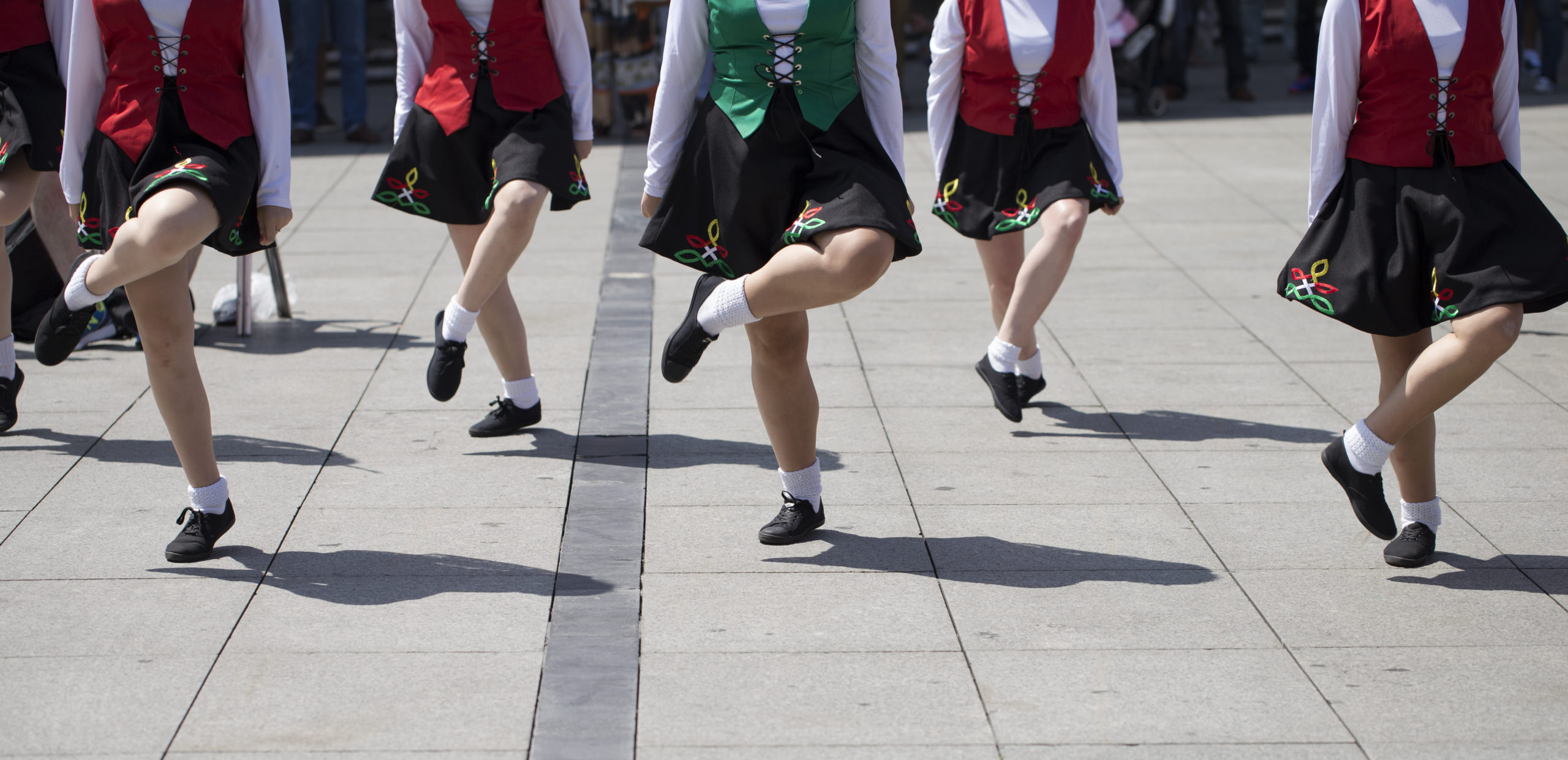Music and Dance

Music and dance are always a popular choice. Music and Dance are things that are enjoyed by most of us and we all love watching professionals in concert or on screen.
Music and Dance courses hone students’ strengths and tackle their weaknesses. They also provide practical knowledge of the industry and theoretical understanding. Students are prepared for many careers – and not just in performance. Many go on to work in areas such as composition, teaching, production, academia, and more.
Education in Music
Music qualifications are available from many universities and institutes of technology. It can also be studied as part of an Arts degree in some universities.
Learners work continuously on their musicianship. They learn to analyse their own performances and that of other performers. They also study the cultural and historical aspects of music. Over the course of the degree, students will specialise. These areas include performance, music teaching, musicology, composition, and music therapy.
Qualificaitons specialising in a particular area of music are also available. Music Technology degrees prepare students for careers in music and sound production in the recording industry, TV, software development, and radio. The Degree in Music Education in Trinity College and the Bachelor of Religious
Education with Music in Mater Dei Institute of Education prepare students for careers as second-level music teachers. Commercial Modern Music, or ‘rock and roll college’, is a degree course in DIT and part of the UK’s prestigious BIMM group, graduates of which have gone on to major international success.
There are several music-related awards available in institutes of further education. Besides Music, which includes modules on Performance, Sound Engineering, and Event Production, there are other one-year (Level 5) vocational certificates available in a range of interesting areas, such as Music Technology, Irish Traditional Music, and Music Production.
Education in Music and Dance
The University of Limerick’s BA in Irish Music and Dance produces dancers of the highest calibre. Besides performance, the course involves academic study (such as the history of dance, dance education), technical skills development, and instilling business acumen. Also available from UL, the BA in Voice and Dance is a similarly themed course, with an additional focus on a variety of singing skills and styles.
Education in Dance
Dance is available to study at a number of colleges and institutes of further education. It can be studied as part of a Performance Arts programme that also includes acting, or as a dedicated course. Some courses introduce students to various forms of dance (ballet, jazz, modern, etc), as well as related topics such as anatomy/physiology and history of dance.
Please remember that the majority of courses that contain an element of performance will require applicants to pass an audition or music test.
The Work
Careers in music and dance can be roughly divided into performance (professional dancer or musician), and the many associated roles (management, production/ engineering, education, academia, journalism). Most of the courses mentioned above are holistic in their approach, and produce graduates that can work in either area.
Did you know?
According to Berklee College of Music in Boston, USA, Carol Kaye is the most recorded bassist of all time, with 10,000 sessions spanning four decades.


Leave a comment